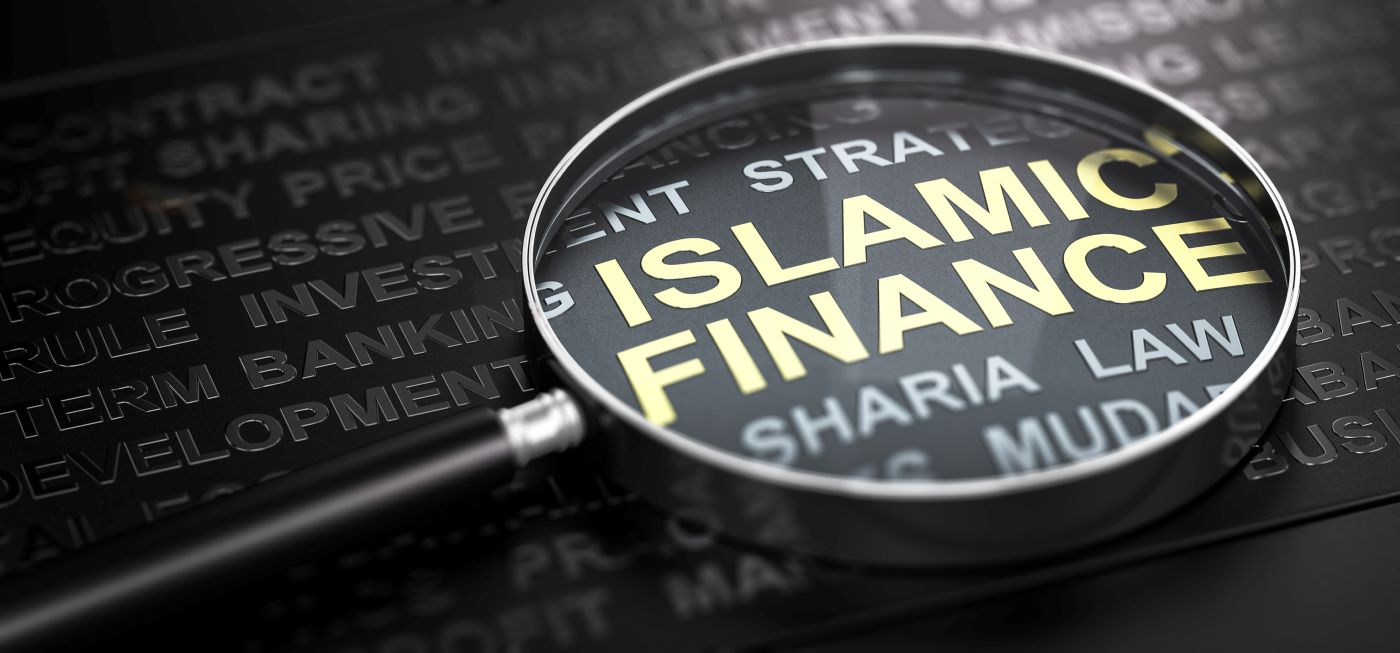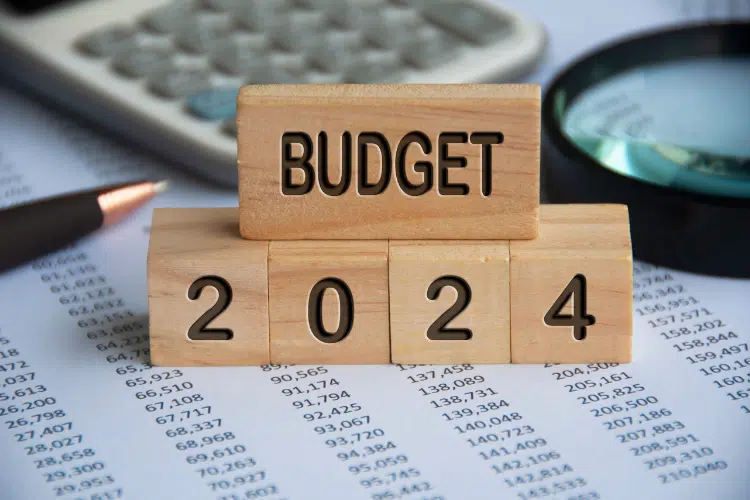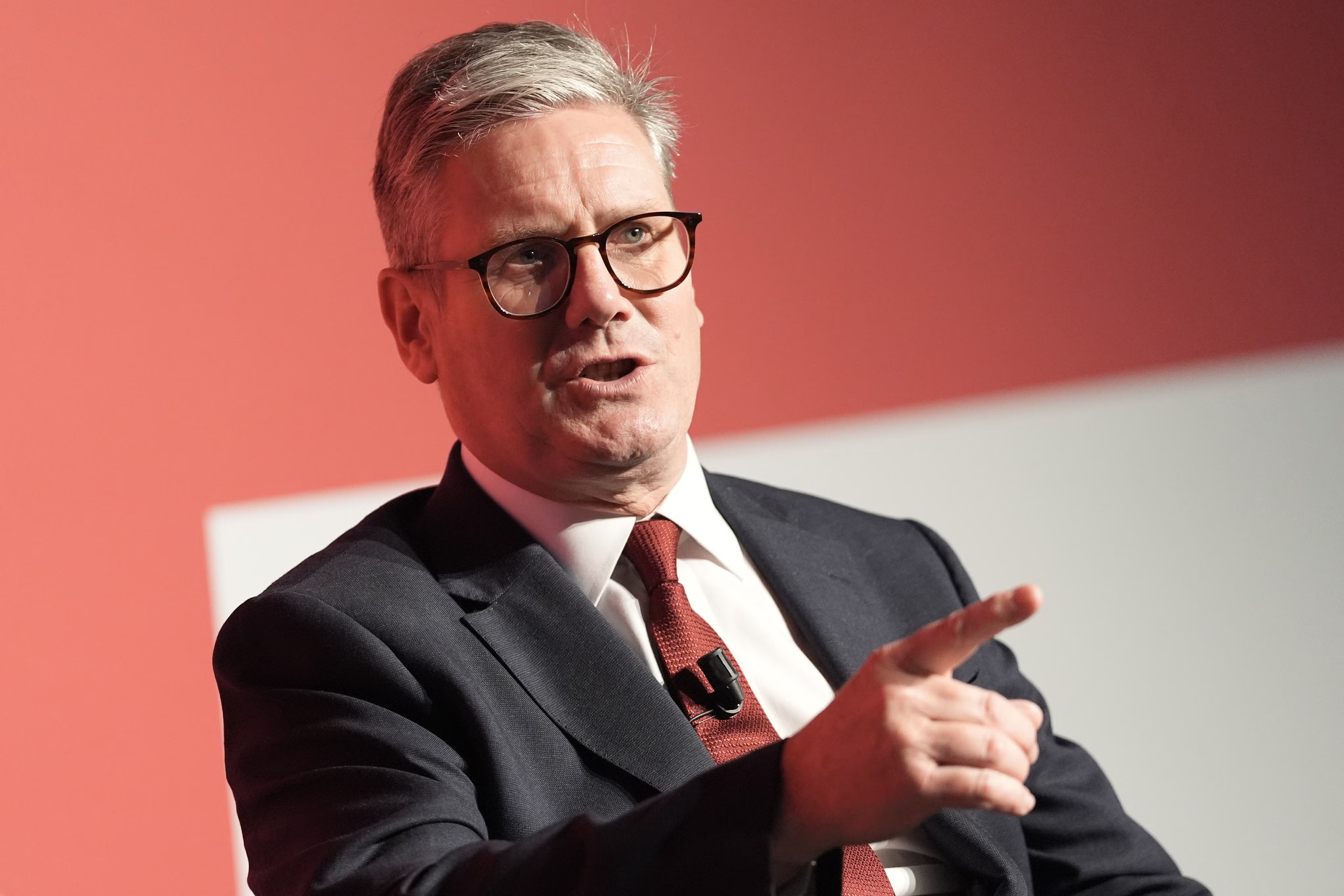In the realm of Islamic finance, money isn’t just a medium of exchange; it’s a tool governed by principles deeply rooted in ethical and religious beliefs. Central to this is the concept that money should not accrue value on its own, but rather facilitate the exchange of goods and services with inherent value. Avoiding interest-based transactions, steering clear of harmful investments, and fostering partnerships that share both profits and risks are core tenets.
Zakat, a fundamental pillar of Islamic finance, embodies the concept of giving back to the community and aiding those in need. It’s an obligatory charitable contribution, typically calculated as a percentage of one’s wealth, and is distributed to designated recipients according to Islamic teachings. In the UK, Zakat Accounting professionals play a pivotal role in guiding clients through the complexities of wealth assessment, Zakat accounting and calculation, and distribution, fostering a culture of ethical wealth management and social responsibility.
Shari’ah-compliant financial products and services in the UK offer alternatives to traditional banking. For instance, current accounts operate on a qard basis, where funds deposited are treated as interest-free loans. Savings accounts invest deposits in ethical ventures, sharing profits with account holders through arrangements like wakalah or murabahah.
When it comes to home financing, Islamic banks offer murabaha contracts, where the bank purchases the property and sells it to the buyer at a profit, or musharakah contracts, where the property is jointly owned by the buyer and the bank.
In this landscape, Islamic finance isn’t limited to Muslims; it’s open to all seeking ethical and socially responsible financial solutions. Embracing these principles, individuals and businesses alike can engage in transactions that align with their values, promoting financial well-being and societal welfare in harmony.




